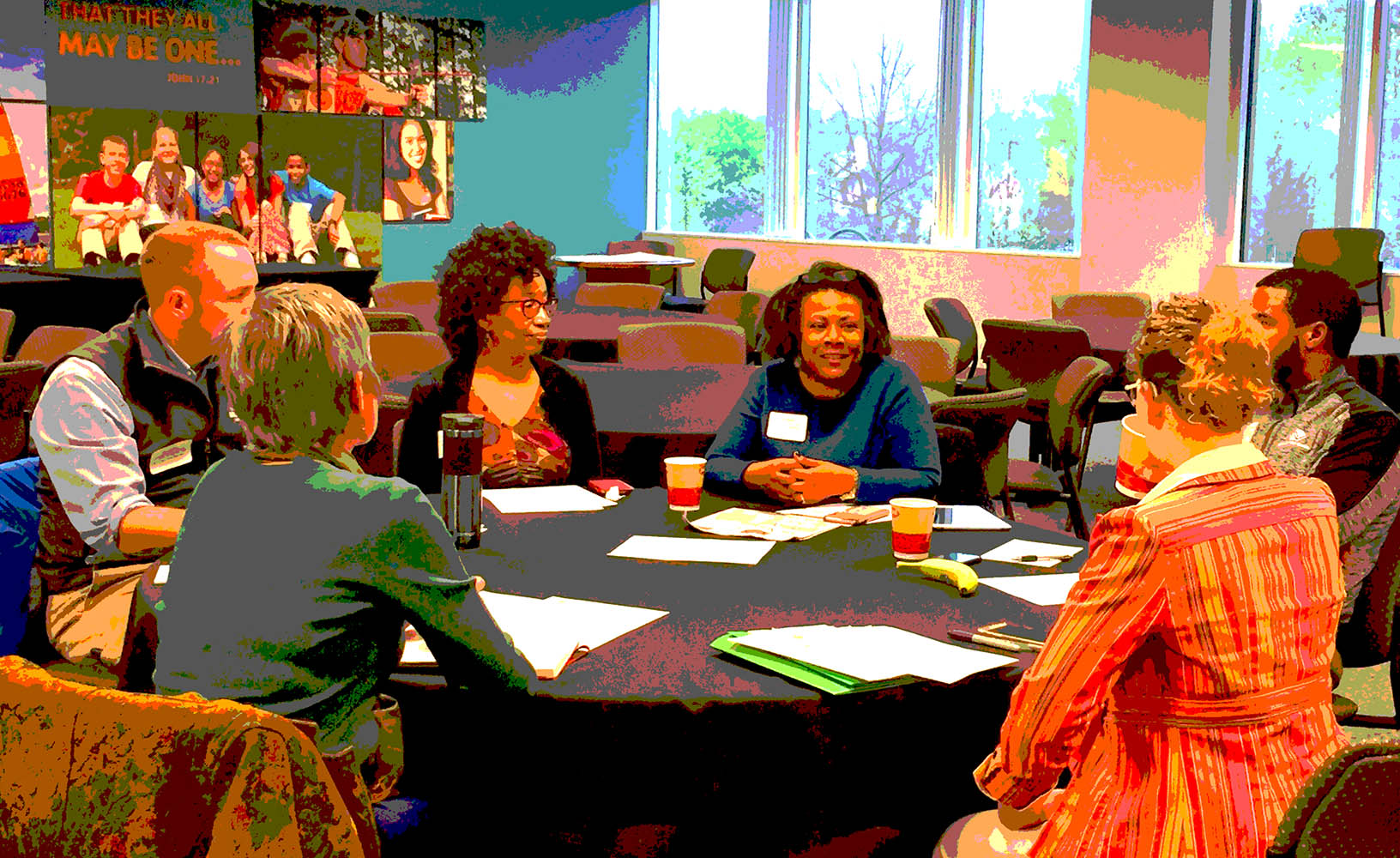Making our communities even better requires bringing diverse organizations and individuals to the table – or going to them, educating with the goal of driving action, building structure, setting a roadmap to achieve your target outcomes and continually amplifying your message.
Sara plans and creates community campaigns and initiatives through collaboration. She organizes, builds partnerships, and strategically nurtures and grows the efforts to a point of readiness so new practices can be adopted throughout multiple organizations, and so the initiatives themselves can be led and staffed by other organizations. This is a path to sustainable leadership and change.
“Sara takes a strategic outcomes-based approach.
She instinctively knows who to connect with and when.
Working with her is energizing and inspiring.”
— Mary Beth Loucks-Sorrell, nonprofit executive director
ACEs Resilience in Wake County Initiative – founded and led.
Adverse Childhood Experiences, or “ACEs,” are common childhood traumas that affect all income levels and have a significant, long term impact on health, quality of life and economic success. Sara created and led this community-wide movement to address and prevent ACEs, and build resilience, which is considered the “antidote” to ACEs.
Before Sara arrived, I bet I could count on one hand how many people in Wake County knew or even had heard of Adverse Childhood Experiences. Now, thanks to Sara’s efforts, ACEs and its impact are known by thousands. And our communities are much better off in dealing with the issues.
— Orage Quarles III, ACEs Resilience Initiative Co-Chair and retired Publisher of The News & Observer
Sara developed a community process focused on moving education into action. This engaged cross-sector community leaders and residents including elected officials, nonprofits, a dozen municipalities and county government including multiple departments, communities of faith, the business community, educators, and others.
She used the film Resilience: The Biology of Stress and the Science of Hope as an organizing tool and by working with other community organizations, at least 12,000 people in the county have seen the film. Dozens of organizations and individuals participated in small and large meetings, and join in events of up to 300 people. The initiative highlighted excellent work already being done by local organizations for others to learn from, and identified and brought in local and national expertise for trainings. This introduced others to the concept of trauma-informed care, which along with building resilience is considered the best response and “antidote” to ACEs, and organizations are continually integrating these into their ongoing work.
The initiative is now housed, led and staffed by SAFEchild. In 2021 it was rebranded as the Growing Resilience Movement, and now includes the Wake County Child Abuse Prevention Plan. Sara continues to serve on the oversight committee and the outreach and awareness team, as well as the North Carolina Resilient Communities State Advisory Council.
Active Living Ramsey Communities – co-founded and led. Based on national work initiated by the Robert Wood Johnson Foundation, this collaborative effort began out of a desire to improve health and make it safer and easier for people to integrate physical activity in their daily lives. As a result, county roads are now planned to work for bikers and pedestrians, infrastructure connections were and continue to be made so people can bike and walk to their destinations, and teams continue to meet to improve policies and programming. While these are now common practices, in the early 2000s we were well ahead of the curve. This initiative became a statewide model used by the BlueCross BlueShield Foundation of Minnesota, and it continues today with funded staff.
Capital Area Food Network – collaboratively co-founded. The Network went on to write Wake County’s Food Security Plan and is now fully volunteer-led. Sara also chaired the Policy Team that successfully advocated for municipal and county change to remove barriers to individuals and small businesses growing and selling local food.
Dig In! – Sara grew this annual conference to 300 people, bringing nationally and internationally known speakers to support people who ran (or wanted to begin) school & community gardens & urban agriculture. Dig In! is now hosted annually by the Poe Center.
Pilot Projects
Be Active, Be Green Bench Initiative – co-founded and led pilot implementation.
Edible Plantings on the Greenways, developed and implemented on the campuses of NC State University and North Carolina Museum of Art, where you can now find fruit and nut trees, blueberries and more. Those organizations continue to nurture and maintain the plants.
Other Issue Areas
Healthy Eating – promoted healthy eating through partnerships with community organizations. This included a healthy snacking program for kids’ sports teams that benefited tens of thousands of children, bringing EBT/SNAP benefits (“food stamps”) to farmers’ markets in collaboration with the markets and Wake County Human Services, and numerous other projects.
Safe Routes to School/Complete Streets/Bike Ped issues – expanded work to make walking and biking safer, including infrastructure, policy and program changes to increase numbers of kids and parents safely able to walk to school. Was one of two nonprofit leaders successfully advocating for BikeShare in Raleigh, which resulted in installation of 30 bike stations through the city and over 65,000 rides to date. Work is continued by WakeUP Wake County which has long led on transportation and land use issues.

